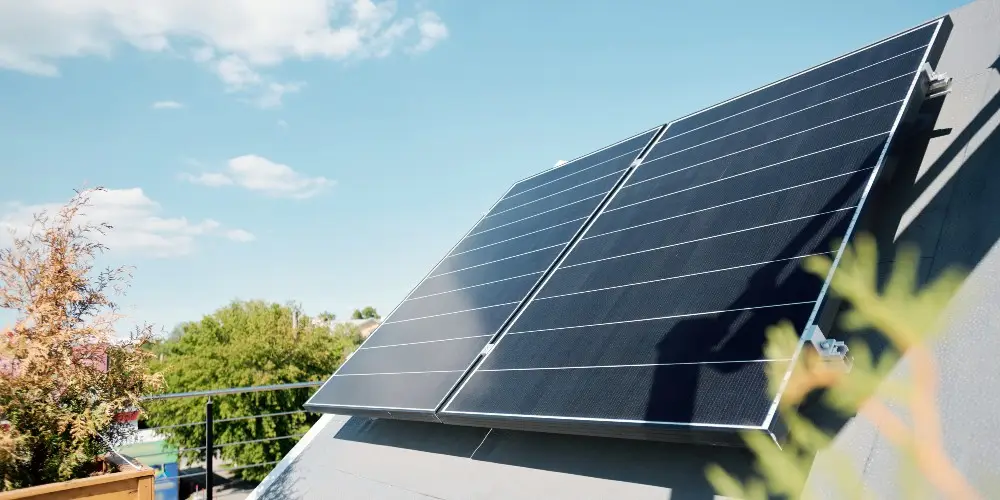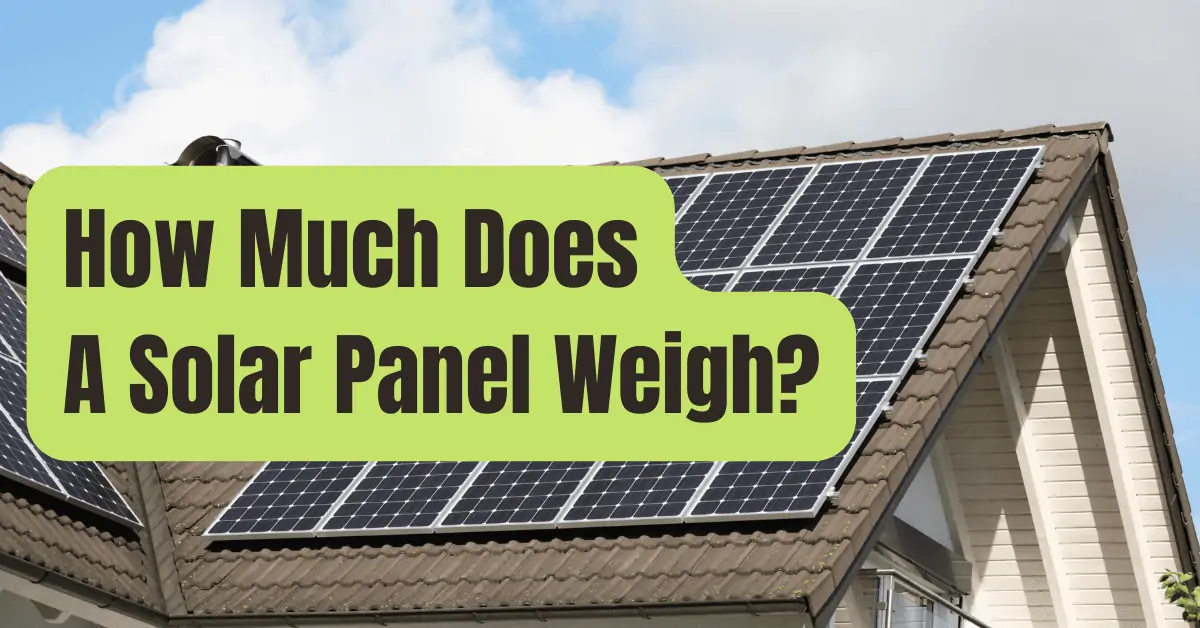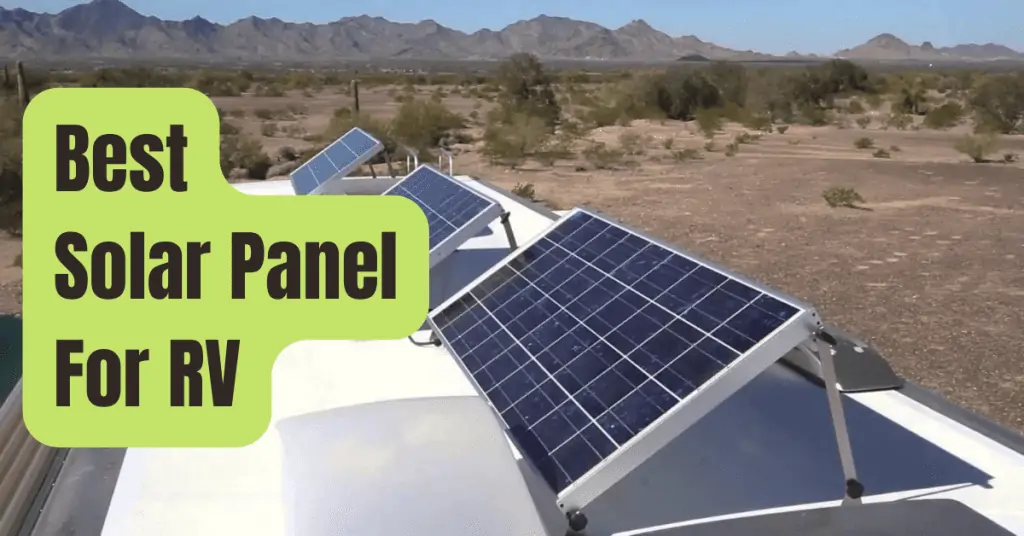There isn’t much of a difference between the various companies when it comes to the weight and sizes of solar panels.
The overall weight of the system and the effect it will have on your rooftop are more significant considerations than the weight of any one solar panel.
What’s The Weight Of Home Solar Panels?
Solar panels need to be made sturdy enough to endure all kinds of weather since they are put outside.
Whether you are utilizing polycrystalline, monocrystalline, or thin-film solar panels, you will discover that the precise weight of solar panels differs across various solar panel manufacturers and models.
A domestic solar panel typically weighs roughly 40 pounds.
They weigh roughly 2.3 pounds per square foot since they are about 5.4 feet long and 3.25 feet broad.
Usually, each module has 60 solar cells.
What’s The Weight Of Commercial Solar Panels?
Solar panels for businesses are a little bigger than those for homes.
They weigh around 50 pounds on average, are about 6.5 feet long, and 3.5 feet broad.
Solar modules typically have 72 cells but may have up to 98 cells.
Given that the weight is dispersed across a broader region, commercial solar panels still weigh just 2.5 pounds per square foot even with the added weight.
For residential solar installations, either 60-cell or 72-cell solar panels are often utilized; however, only 72-cell panels will be used for commercial installations.
Why Are Solar Panels So Large And Heavy?
The component of the solar panel that produces power, the solar cell, is relatively light, weighing just a few hundred grams.
The tempered glass and metal frame that were utilized to build the solar panel account for the bulk of its weight.
Tempered glass is the industry standard for solar panels even though it is heavier than regular glass.
A hailstone with a 1-inch diameter striking it at 50 miles per hour must be able to resist it.

Can I Put Solar Panels On My Roof?
Make sure your roof is sturdy and capable of supporting the weight of the system before beginning a rooftop solar installation.
Weight Of Solar Panels On Your Roof
20 panels would make up a 6 kilowatt solar array, and the panels themselves would weigh around 800 pounds.
352 square feet would be around the entire area covered.
On a slanted roof, this equates to around 2.3 pounds per square foot and to about 5 pounds on a flat roof.
The overall weight of the solar system is around 3–4 pounds per square foot when you add the solar panels and all of the mounting hardware, racking, junction boxes, and cabling (this does not include the inverter, which usually gets bolted to the wall).
This is comparable to a set of work boots or a half-gallon milk container.
Most Roofs Are Capable Of Supporting The Weight.
Most of the time, an installation of typical solar panels on your roof won’t put too much strain on it.
Your roof should be OK since it was designed to handle up to 20 pounds of snow per square foot before being strained, according to the Insurance Institute for Business & Home Safety (IBHS).
Therefore, the additional 3–4 pounds that the solar panels add won’t really matter.
What about the additional snowfall that accumulates on top of your solar panels? The good news is that snow may actually help clean your solar panels, according to the Office of Energy Efficiency & Renewable Energy, so your roof can handle the extra weight (and rain does the same thing).
But If You Have Any Worries, Be Sure To Get Your Roof Inspected.
Ask a roofing business about having a structural engineer evaluate your roof if you own a house with an older roof or are worried that it won’t support the additional weight.
In the event that anything were to go wrong with your roof, damaging your solar panels or mounting gear, you may use this to assess whether or not your roof is capable of holding the increased weight of the panels without voiding your warranty.

Thinking About Putting Up Solar Panels?
One of the greatest methods to reduce your electric bill costs is to use solar energy if your property is appropriate for it.
Many jurisdictions allow homeowners to install solar panel systems that may completely offset their electricity costs.
Both the price and the efficiency of solar panels have decreased.
It’s easier than ever to finance a solar installation since incentives and rebates are widely available.
See how much installing a solar panel system will cost you and how much you may save by using our solar calculator.
Key Conclusions
- Typically, residential solar panels contain 60 cells and weigh 40 pounds.
- Commercial solar panels are a little bigger and typically include 72 cells, weighing 50 pounds apiece.
- The majority of the weight of a panel is made up of the frames and glass; the individual solar cells only add up to a few hundred grams apiece.
- Most roofs are capable of supporting the additional weight of a solar system, but if you’re unsure, get your roof inspected.
- Investigate solar energy. When done correctly, it may quickly pay for itself and balance your total power use.










